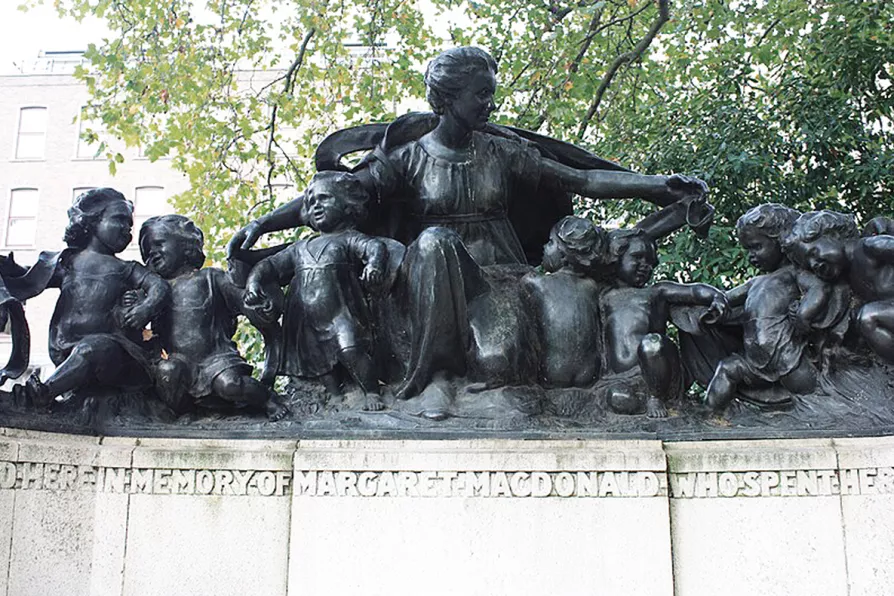Corbyn’s intervention exposes a corrupted system, writes CLAUDIA WEBBE

 A monument to Margaret MacDonald in London
A monument to Margaret MacDonald in London
“IMPOSSIBLE you say? If it is impossible we must start at once,” was Margaret MacDonald’s response to naysayers, doubting her latest scheme for the advancement of socialism.
Impossible wasn’t really a concept she had much time for. It’s a dull inevitability that today she is remembered mainly as the wife of prime minister Ramsay McDonald; there was a bit more to her than just that.
Margaret Gladstone was born in London in 1870, the daughter of a chemistry professor who was one of the founders of the YMCA.

A WWI hero, renowned ornithologist, medical doctor, trade union organiser and founder member of the Communist Party of Great Britain all rolled in one. MAT COWARD tells the story of a life so improbable it was once dismissed as fiction

MAT COWARD tells the story of the eccentric founder of a short-lived but striking experiment in ‘vital democracy,’ who became best known for giving away his estate to the nation

‘Honest’ Tom Wharton’s 1682 drunken rampage through St Mary’s church haunted his political career, but his satirical song Lillibullero helped topple Catholic James II during the Glorious Revolution, writes MAT COWARD











